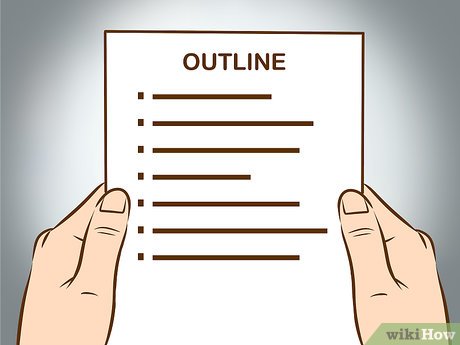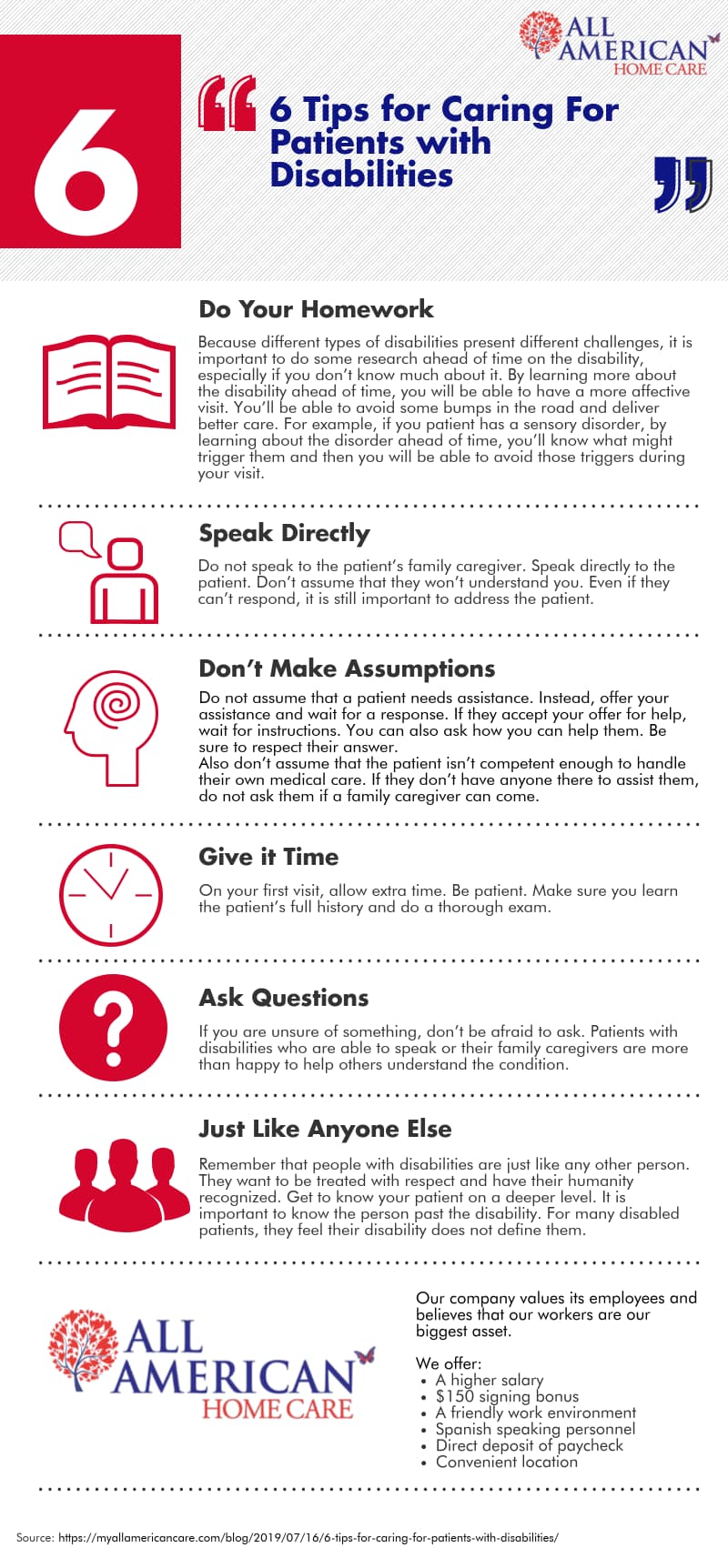There are many benefits of recycling, including reducing energy consumption and greenhouse gas emissions, reprocessing recyclable materials into new products, and protecting animal habitats. But what exactly is recycling and how does it help the environment? This essay will explore these benefits in detail. In addition to saving energy, recycling also reduces the amount of waste sent to landfill sites and incineration, and it significantly reduces the amount of rubbish that ends up there.
Reduces pollution
Recycled materials reduce pollution in several ways. Research by the University of Central Oklahoma concluded that recycled paper reduces water and air pollution by 86 percent, while recycled steel reduces waste from mining by 86 percent. Recycling also conserves energy, with recycled aluminum using 95% less energy than raw aluminum. By reducing waste, you also increase your community’s sustainability and reduce pollution. Read on to learn more about the benefits of recycling and how it can help you live a greener lifestyle.
Reduces energy usage
Unlike the production of new products, recycling involves much less energy than manufacturing them. Recycling materials reduces the amount of raw material needed to create new products, allowing manufacturers to produce the same goods using less energy. In addition to saving energy, recycling materials also prevents waste from being dumped in landfills, which are notorious for introducing contaminants into groundwater systems. This reduction in energy usage allows for the reduction of greenhouse gas emissions and pollution.
Reduces emissions of greenhouse gases
In addition to reducing the greenhouse gas emissions in our homes, we can also reduce our carbon footprint by investing in climate-friendly energy sources. Examples of climate-friendly energy resources are renewable energy sources, such as wind power, solar panels, or geothermal energy. Another way to cut carbon emissions is to make our cars more fuel efficient. Many of these technologies have multiple incentives, such as reduced utility bills and improved air quality. These solutions also reduce the carbon footprint of transportation, and they can help local economies and ecosystems.
Protects animal habitats
In addition to helping wildlife, recycling helps to create a sustainable supply chain for new devices. Demand for finite resources has skyrocketed with the development of modern technology, causing an increase in mining activities that disrupt habitats and displace endangered species. In response, the United Nations has outlined a series of recommendations for the technology industry to help protect animal habitats. By reducing litter, you can also support these efforts by recycling your own electronics.
Creates jobs
According to a recent study, recycling creates jobs. The study analyzed the impact of recycling on employment and the overall economy in six states. The response rate for public sector respondents increased when combined with increased consumer awareness and education. The study uncovered that these efforts created an additional 7,000 jobs in Pennsylvania. This figure is projected to rise to nearly 51,000 in the next five years if all waste is recycled. With the right policies in place, the rate can even go higher, with 75% of waste recycled by 2025.






